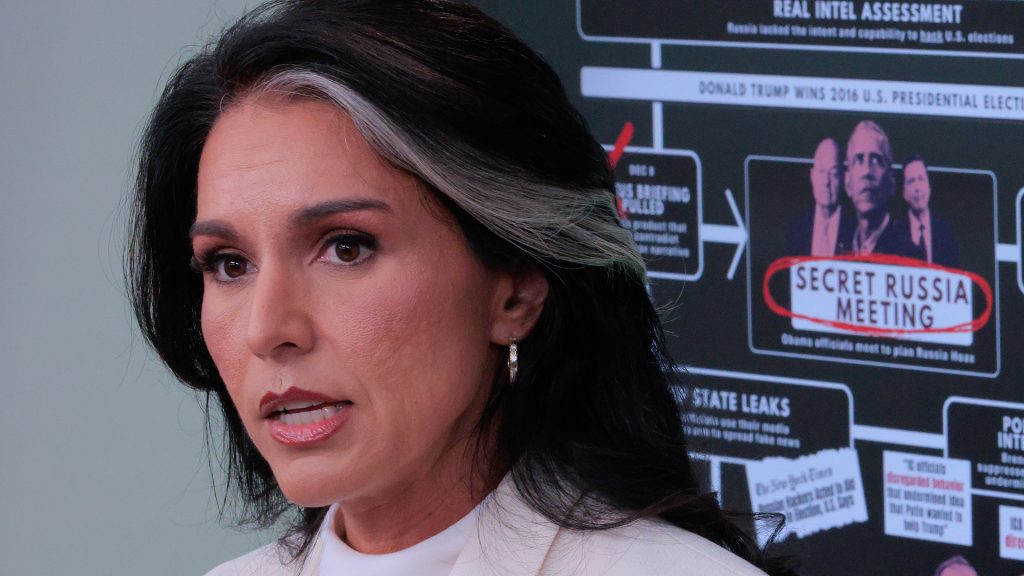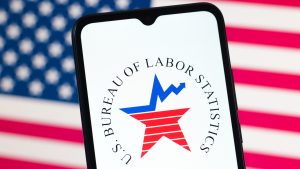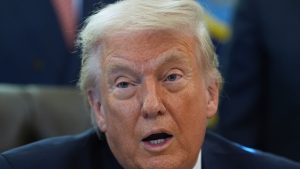Gabbard bypasses CIA, declassifies GOP intel report on 2016 election

Director of National Intelligence Tulsi Gabbard released a lightly redacted 46-page House Intelligence Committee report in late July, detailing claims that the Obama administration manipulated intelligence to tie President Donald Trump’s 2016 campaign to Russian election interference. The document — originally completed by GOP lawmakers in 2020 but kept in CIA custody due to its sensitivity — includes references to CIA human sources and electronic surveillance, prompting criticism from intelligence officials concerned about exposing top-secret methods.
Gabbard approved the release with Trump’s backing, overriding objections from the CIA and other agencies. She used her authority as director of national intelligence to override the usual interagency clearance process.
CIA Director John Ratcliffe publicly backed the release, but many intelligence officials objected behind the scenes. Critics — including former CIA leaders and Democratic lawmakers — warned the move could harm U.S. intelligence sharing and national security.
Why was the release controversial?
Officials interviewed by The Washington Post said the CIA had proposed additional redactions to protect sources and methods, but Gabbard pushed to release a minimally edited version. At one point, multiple versions of the report were circulating — some with more classified material removed than others.
Ultimately, Trump approved the version from Gabbard’s office “with minimal redactions and no edits,” according to one person familiar with the process, as reported by The Washington Post.
The report disputes a 2017 intelligence finding that Russian President Vladimir Putin favored Trump over Hillary Clinton. The CIA, FBI, NSA and a bipartisan Senate Intelligence Committee investigation previously affirmed that conclusion.
Sen. Mark Warner, D-Va., the Senate Intelligence Committee’s top Democrat, said the release “puts at risk some of the most sensitive sources and methods” and could undermine global trust in U.S. intelligence. Former CIA official Larry Pfeiffer also warned that the document may allow adversaries to reverse-engineer how the U.S. gathers foreign intelligence.
What was the whistleblower’s role?
Days after releasing the House report, Gabbard’s office published a 19-page whistleblower testimony detailing a six-year attempt to raise concerns about the 2017 Intelligence Community Assessment (ICA).
The whistleblower, a senior intelligence official, claims they were pressured by supervisors to endorse the ICA’s conclusions that Russia supported Trump. According to the document, the official refused to concur, saying they could not “in good conscience” agree with the assessment based on the available evidence.
According to an ODNI press release, the whistleblower said former DNI James Clapper and other senior Obama-era officials privately rejected the Steele Dossier but still allowed it to influence the January 2017 intelligence assessment.
The whistleblower also alleged flawed analytic practices, including selectively citing Russian media while ignoring foreign outlets that favored Hillary Clinton. Over six years, they reported these concerns to more than a dozen officials and agencies — including the Office of the Intelligence Community Inspector General — without receiving a response.
What legal steps are being taken?
Attorney General Pam Bondi has directed a grand jury to potentially hear evidence in the broader investigation into whether Obama-era officials manipulated intelligence related to Russia’s 2016 election interference. The Justice Department also sent a letter to the National Archives seeking archived intelligence assessments from 2016, including the ICA and related cyberthreat reports.
Bondi has already acknowledged ongoing criminal probes into former FBI Director James Comey and former CIA Director John Brennan.
The department has not announced charges or identified specific crimes. However, the grand jury process allows prosecutors to subpoena documents and solicit testimony as part of the ongoing probe.
How have experts responded?
Critics across the political spectrum have challenged the validity of Gabbard’s claims and the report’s conclusions. Independent analyses — including past investigations led by Robert Mueller and the Senate Intelligence Committee — affirmed that Russia interfered in 2016 to help Trump during his campaign.
The Bulwark described the new allegations as “a nothingburger,” and critics noted the claims contradict a bipartisan Senate investigation and the past statements of fellow Trump administration officials like Sen. Marco Rubio, who previously called the original 2016 intelligence assessment “100 percent accurate.“
Despite that, Gabbard and Trump officials say the newly released documents support allegations of a coordinated effort to delegitimize Trump’s presidency.
“Truth and accountability,” Gabbard said in a statement, “will help ensure this doesn’t happen again.”





